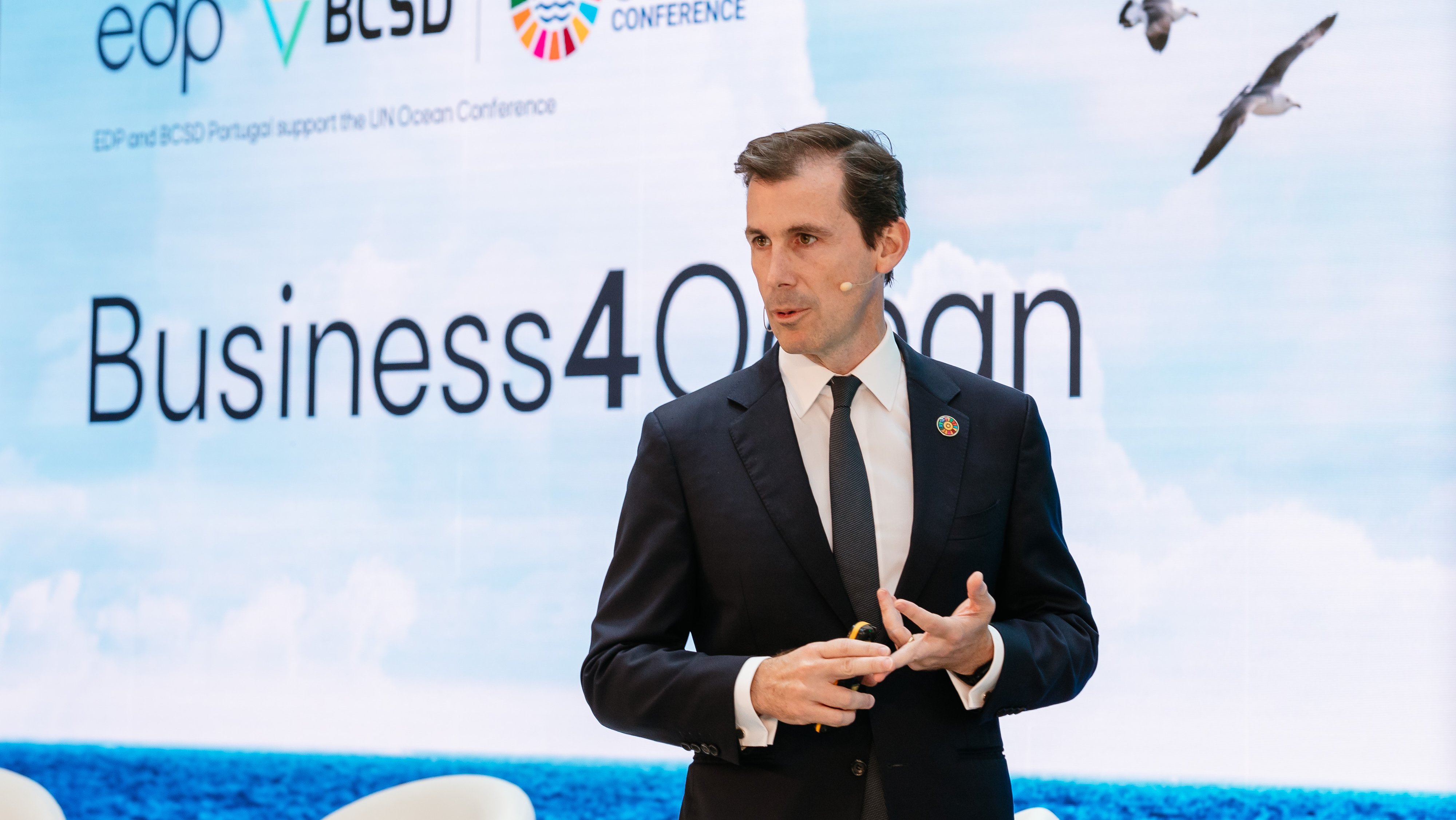The risk of gas shortages and consumption rationing that threatens Central Europe and, in particular, German industry as a result of Russian supply cuts, will not occur in Portugal or the Iberian Peninsula, defended the executive president of EDP.
Miguel Stilwell de Andrade explains that the Iberian Peninsula has enough liquefied natural gas facilities to receive gas from other sources. EDP, for its part, as a gas customer (for thermal power plants, its supply is guaranteed through two long-term contracts with the United States and Trinidad and Tobago).
There is “obviously a problem of the price of gas that is very high”, but that is a different problem than in central Europe, where scarcity is the problem. Regarding the impact of the gas price limit that has been in force in the Iberian electricity market since mid-June, the executive president of the electricity company considers that it is doing what it was designed for, although market distortions always remain, referring to the increase of (cheaper) electricity exports to France.
The remarks were made to journalists on Friday, on the sidelines of a side event to the United Nations Oceans Summit. During the session that addressed the sustainable development of new businesses in the sea, the executive president of EDP considered that Europe is experiencing “a great energy crisis” and it is not just a question of very high prices. There is a risk that gas supplies in Central and Eastern Europe will be cut off and that German industry will face rationing, which is a game changer in the sector Recalling that Europe has been a leader in the fight against climate change, he considered that the challenge now is more than achieving zero emissions. It is about having access to cheaper energy, and that is why it is necessary to accelerate. And that acceleration will have to go through the sea.
The director has pointed out the growing difficulties of installing and licensing wind or solar plants on land, to defend that it is necessary to “take advantage of the oceans”, but with projects and technologies that ensure sustainability and not only the price that, he says, no longer prevails. is the main criteria. And he mentioned an auction in which EDP participates for offshore wind power in the Netherlands, where sustainability and innovation criteria weigh 50%, exemplifying the care in the construction and installation of pillars in the ocean whose drilling causes noise that disturbs habitats.
The executive president of EDP also revealed that the company is immersed in a floating solar project in the sea, a technology that will not be applicable to the Portuguese coast, but that can work in the sea of Southwest Asia where there is little space available, much of population and little wind. .
In a conference focused on the marriage between the blue economy (sea) and the green economy, the American marine biologist Sylvia Earle gave a moving and ironic testimony about her experience studying life in the oceans. “We are just getting to know the ocean and who lives there. I have seen a lot of marine life on the plate, but few have the opportunity to see it face to face.” According to a researcher from the National Geographic Society who has done deep dives, “we imagine that the deep sea is empty, but it is not true, there are thousands of creatures”. But “all of these life forms are important, we need them all, from sharks to insects.” And the sea “is not only a place where fish live, the sea is also alive”.
Source: Observadora
